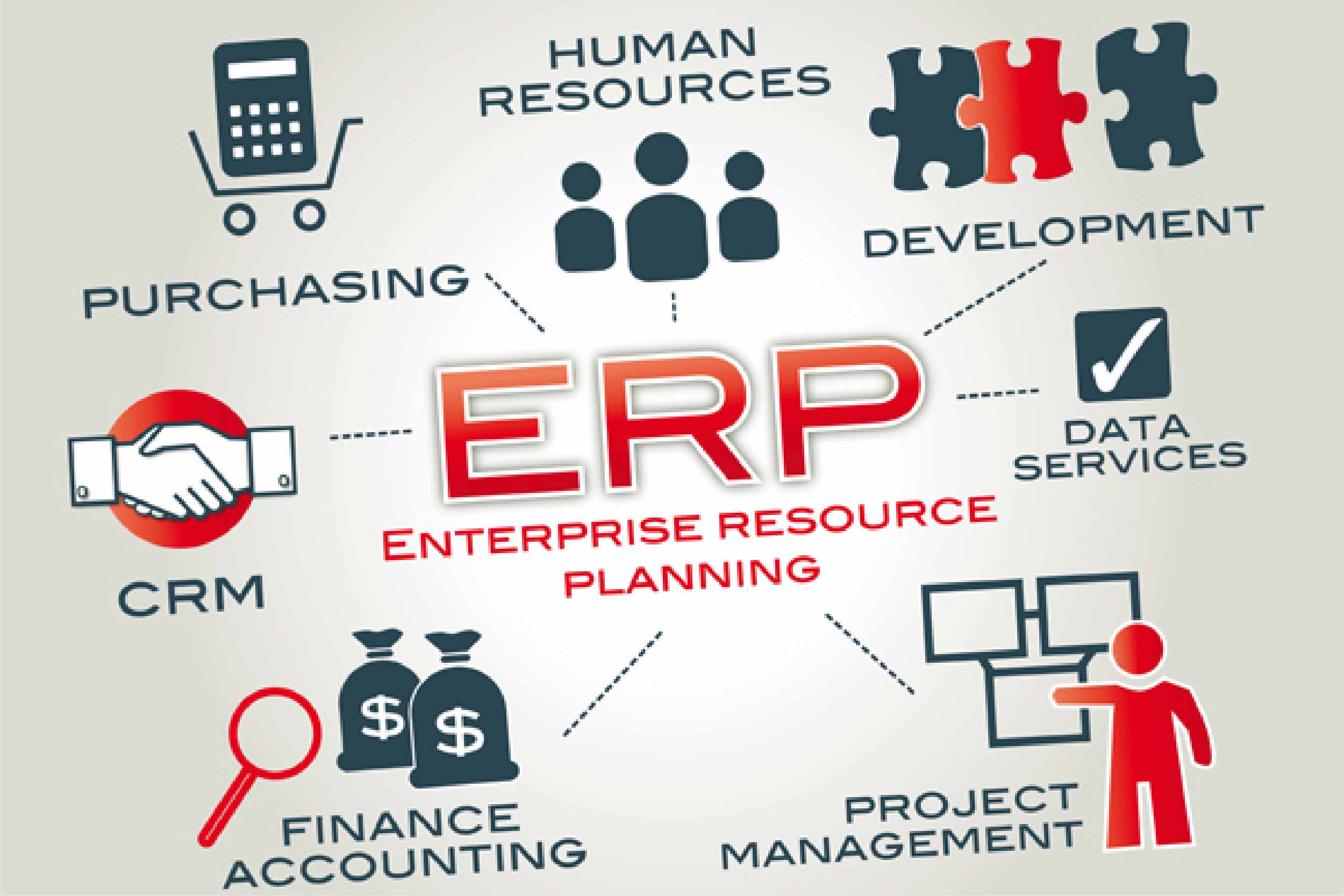The short definition is, enterprise resource planning or ERP solution is a suite of applications that manages core business processes, such as sales, purchasing, accounting, Human Resource, customer support, CRM and inventory. It’s an integrated system as opposed to individual software designed specific to a business process. Using a centralized database, ERP helps businesses collect, store, manage and interpret data from various business units. Likewise, ERP is used to automate back-office tasks and streamline cross-departmental workflows. When optimized, the solution can drive efficiency, lower costs and increase profitability.
What are examples of ERP software?
- Brightpearl – a retail management ERP that focuses on order management, inventory, accounting, customer data and reporting. If you need a reliable Brightpearl alternative check out our other comparison articles.
- Intacct – one of the most popular cloud accounting solutions for small and medium businesses that features ERP capabilities via integration, such as, financial management, wholesale distribution and retail management.
- NetSuite ERP – a fully integrated ERP targeted at fast-growing companies that require scalable financial management, fixed assets, billing, order management and inventory management. A solid Intacct alternative.
- Odoo – among our examples of ERP software, Odoo is uniquely open-sourced, but it’s also a commercialized ERP aimed at companies with an IT development team; it can integrate with third-party apps for MRP, POS and ecommerce.
- PeopleSoft – an Oracle-owned HRM-focused ERP that specializes in workforce forecasting and HR-related business strategies. It’s a really reliable NetSuite ERP alternative.
- MobilityeCommerce – an integrated marketplace and ERP solution offered as a SaaS for distributors, wholesalers, drop shippers, and companies that sell on a global scale via online marketplaces such as Walmart. Sears, Amazon, eBay, and more.
- VersAccounts Cloud ERP – aimed primarily at small businesses, providing them with advanced features and functionalities to help manage, monitor, report, and consolidate data across their inventories, finances, reports, and revenue.
- Gincore – a cloud-based accounting and CRM software that caters specifically to computer and cellphone service centers and repair shops. It integrates core capabilities of ERP, CRM, WMS and accounting into a single, unified package, providing you with all the tools you need while reducing complexities and bringing down costs significantly.
- Scipio ERP – an open source enterprise resource planning (ERP) software that provides e-commerce businesses with a framework for their workflows and processes.
- TRIMIT Fashion – a comprehensive end-to-end business optimization software solution specifically designed for the fashion industry. It helps fashion retail stores, manufacturers, and suppliers manage and optimize their processes, streamline all operations, and increase their profits.
What are the types of ERP software?
You’ve learnt what is ERP software, let’s now look at the different types. The fluidity of ERP dynamics and diversity of factors affecting it make it difficult to classify the category. It can be grouped by functional levels, business size and deployment. To simplify the types, ERP can be grouped as follows:
- Generalist ERP. Many legacy and cloud ERP solutions are generalists. They adapt to processes across industries. These solutions have strong customization and integration to match varying industry requirements. It’s also not a surprise given its large market generalist ERP vendors are also one of the largest.
- Vertical ERP. These are industry-specific ERPs. Often, vertical ERP vendors are startups or smaller companies that try to focus on a niche, such as, construction, supermarket distribution or retail fashion.
- Small business ERP. These are off-the-shelf cloud or on-premise ERP solutions. Often, the ERP is modularized with pared-down features. Instead of delivering a fully integrated system, small business ERP serves one or two business processes and leaves out the others. For instance, it features HRM and accounting function only, with add-on options for CRM, inventory or supply chain management. For this, small business ERP is also referred to as lightweight ERP.
